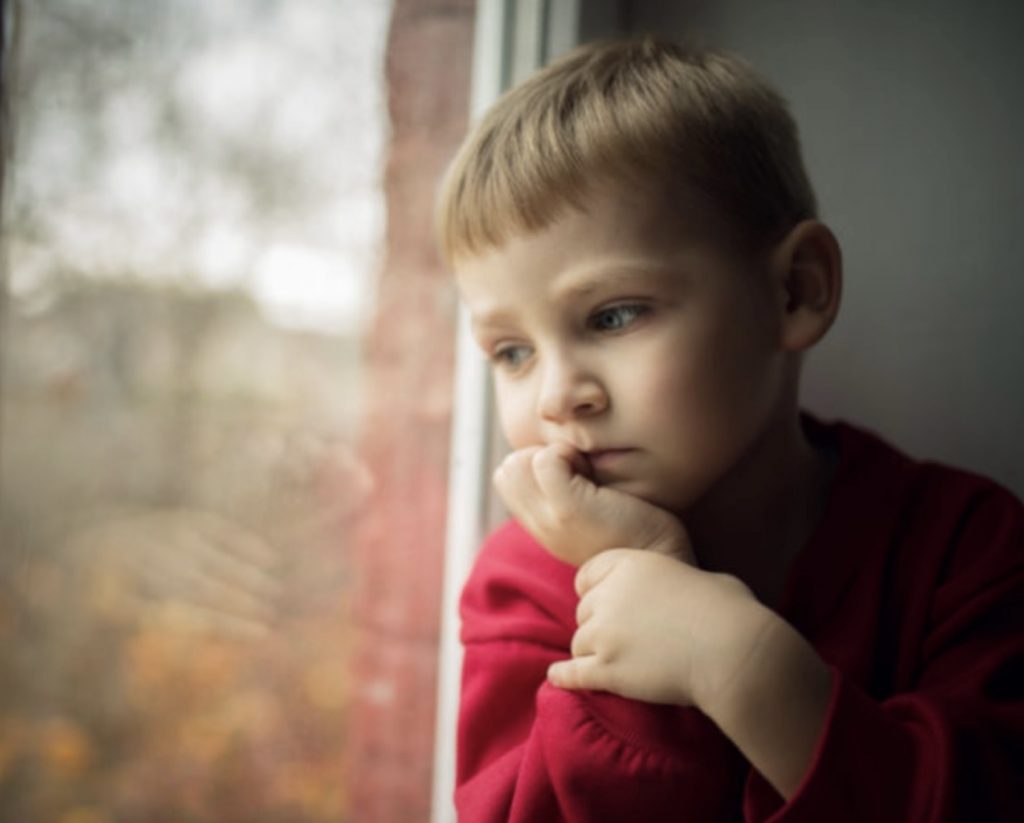The Warning Signs of Depression in Children

Recent research reveals that in an average classroom, at least three children are experiencing mental distress. This distress can present in various ways, often making it difficult to recognise —especially when it comes to childhood depression.
Like many other mental health conditions, depression in children is treatable and with the right support, children can and will recover. However, early intervention is crucial to ensuring effective treatment and long-term well-being.
This blog is designed to help parents, teachers and caregivers identify the warning signs of childhood depression and provide practical coping strategies to support the children in their care.
While you may be familiar with how depression presents in adults, it’s important to recognise that the warning signs in children can look very different—often making it harder to detect.
There are many misconceptions about childhood depression, such as the belief that ‘kids don’t get depressed’, ‘they have nothing to be sad about,’ or that ‘it’s just a phase they’ll grow out of’. However, these myths are far from true. Children can experience emotions just as intensely—if not more so—than adults, but they often lack the tools to express or manage them effectively.
As a result, depression in children can manifest in unexpected ways. Here are the key signs to watch for.
Emotional Changes
Depression in children often presents through noticeable emotional shifts, including:
- Persistent sadness or hopelessness
- Increased irritability or mood swings
- Frequent crying or emotional outbursts
These changes may appear without a clear cause and often mark a significant shift from their usual emotional state.
Behavioural Changes
Depression can also affect a child’s behaviour in various ways:
- Withdrawal from friends, family or activities they once enjoyed
- Increased clinginess or extreme defiance
- Changes in sleep patterns (insomnia or excessive sleeping)
Every child expresses distress differently, so it’s essential to pay attention to any drastic changes in their behaviour.
Physical Symptoms
Since children may struggle to verbalise emotional pain, depression can sometimes manifest in physical ways, such as:
- Unexplained aches and pains (headaches, stomach aches)
- Low energy or fatigue
- Changes in appetite (eating too much or too little)
Academic and Social Struggles
Depression can also impact a child’s performance in school and their ability to engage socially:
- Declining academic performance
- Difficulty concentrating or making decision
- Loss of interest in hobbies or playtime
While all children experience emotional distress from time to time, persistent symptoms that disrupt daily life may indicate a deeper issue. If these signs continue, seeking professional support from a paediatrician, therapist or school counsellor is crucial.
However, as a parent, teacher or caregiver, you also play a vital role in supporting a child’s mental well-being. So, how can you help the children in your care?
Create a Safe and Open Environment for Communication
Sometimes, simply having a space to talk openly about emotions can make a significant difference. Encourage children to express their feelings without fear of judgment, and practice active listening—validating their emotions rather than dismissing them. Making them feel heard and understood can provide a sense of security and support.
Encourage Healthy Habits
Routine and self-care can play an important role in maintaining emotional well-being. Support the child in developing:
- Regular physical activity, which can boost mood and reduce stress.
- A stable daily routine, providing structure and a sense of normalcy.
- Healthy eating habits, as nutrition impacts mental health.
Art, music, dance and other creative activities can help children process emotions in a nonverbal way. Encouraging them to explore hobbies they enjoy, not only provides an emotional release, but also gives them a sense of purpose and accomplishment.
Recognising the signs of depression early and providing a supportive, understanding environment, can make a significant difference in a child’s ability to manage their emotions. With the right guidance, children can learn coping strategies that help them navigate their feelings and, in many cases, overcome depression.
Start the conversation today—encouraging open discussions about mental health can be the first step toward helping the children in your care feel seen, heard, and supported.
Tune in next week, where we will be discussing the warning signs of eating disorders in children.
Resources
• Mind – https://www.mind.org.uk
• Samaritans – Call 116 123 or visit https://www.samaritans.org
• Rethink Mental Illness – https://www.rethink.org